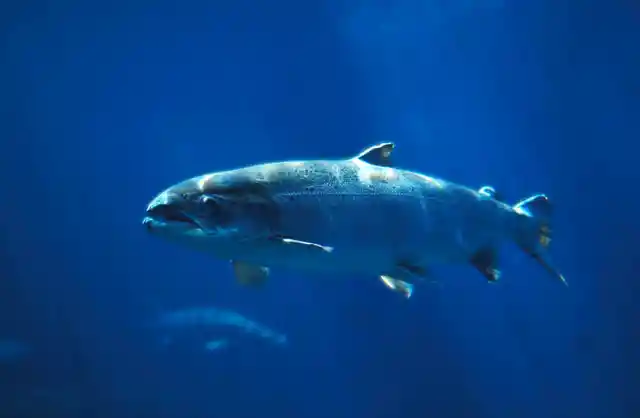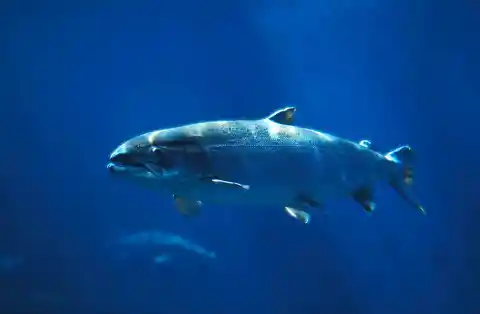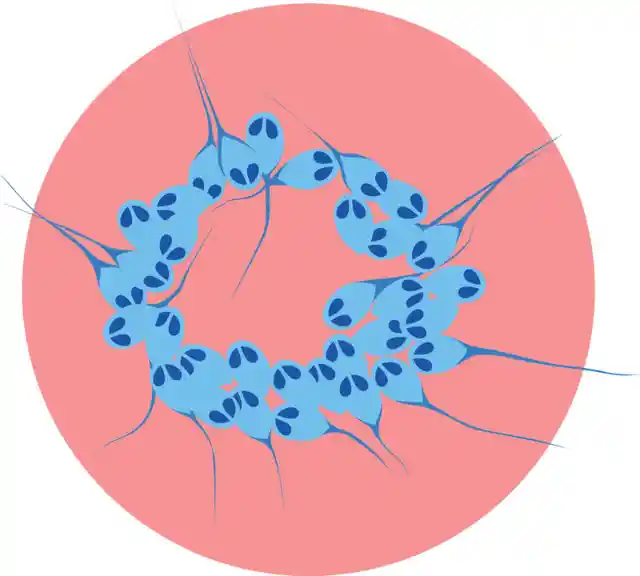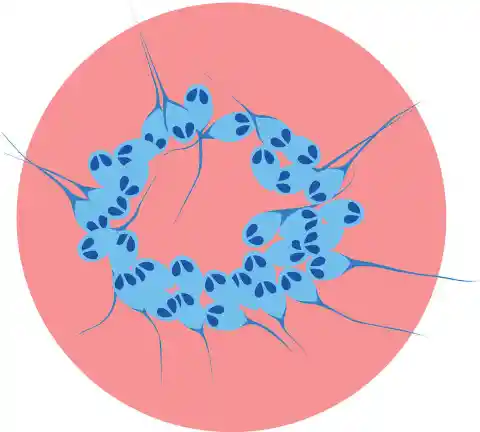For years, we’ve been finding more and more out about the world that we inhabit – including the creatures we share our planet with. The creatures we live alongside, we used to believe, are just like us.


It used to be easy to think that we know everything about these animals, and as such, we knew how they worked. However, a recent discovery via the American Friends of Tel Aviv University might have just found something very unique indeed – an animal that does not breathe oxygen.
The science team was working on a project when they found a breathing animal that lives on a substance outside of oxygen. These tiny parasites, made up of less than 10 cells, shows us that things can evolve in the most unique and specific manner.
The research team working on it was led by Professor Dorothee Huchon, and the finding has genuinely been seen as something very intriguing indeed. These tiny parasites, known as Henneguya salminicola, are tiny parasites that lived within the muscles of a salmon.
Over time, they have evolved and adjusted and simply began to stop breathing. Instead, they simply find a way around the need for oxygen to give them energy.
As Professor Huchon explains:
"Aerobic respiration was thought to be ubiquitous in animals, but now we confirmed that this is not the case. Our discovery shows that evolution can go in strange directions. Aerobic respiration is a major source of energy, and yet we found an animal that gave up this critical pathway."
Overcoming the Need to Breathe
While in the past we’ve found other forms of life that have no longer needed the ability to breathe over time, this is the first time it has been found happening in an animal.


Since they don’t appear to live within an anaerobic location, though, it appears that they simply ditched the need for breathing.
The research was carried out as part of the US-ISral Binational Science Foundation and had many experts such as Professor Paulyn Cartwright take place in the experience. So, too, did Dr. Stephen Atkinson, who is part of Oregon State University.
The discovery itself, though, was purely accidental.
They found that it was simply not breathing oxygen, and this meant that we might need to change our entire view of how the animal kingdom manages to survive. It’s long been believed that such an experience could not take place, as animals needed an anaerobic environment to exist.
What we don’t know, though, is how they actually go about producing energy as it is.
There are, though, some theories:
"It's not yet clear to us how the parasite generates energy. It may be drawing it from the surrounding fish cells, or it may have a different type of respiration such as oxygen-free breathing, which typically characterizes anaerobic non-animal organisms." Prof. Hucheon said.